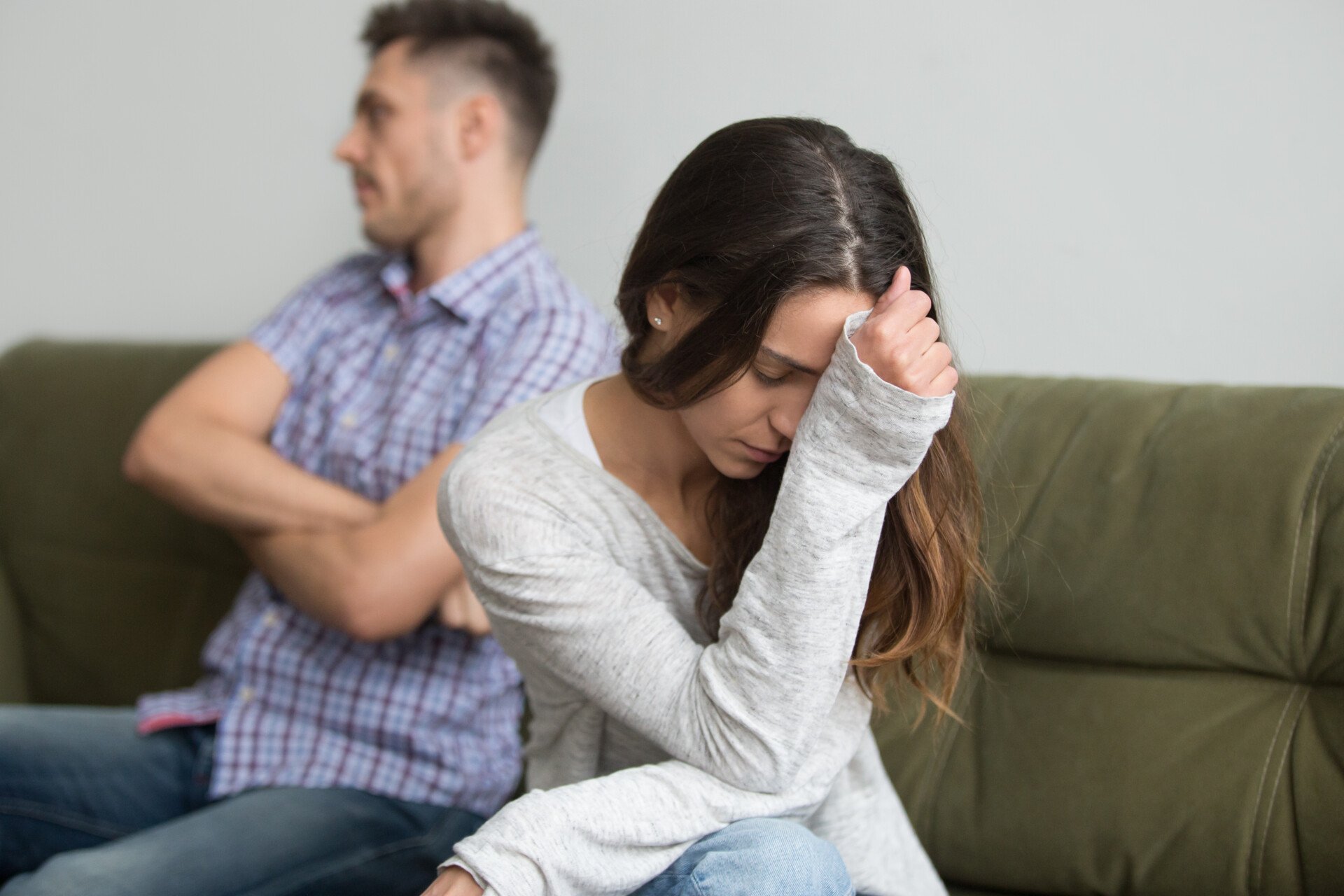Feeling jealous in a relationship is often seen as a warning sign—or a sign of how much you care. But what happens when jealousy doesn’t just stir up anger or love, but both at once?
Many people experience this emotional tug-of-war without knowing why it’s so unsettling. A new psychological study sheds light on why romantic jealousy can leave us feeling emotionally conflicted about our partners, even when the relationship itself seems strong.
A study by Mirna Đurić and colleagues, published in the journal Emotion (2025), explores how romantic jealousy—both when experienced directly and when perceived in a partner—can lead to ambivalent feelings in romantic relationships.

The researchers found that jealousy tends to trigger a blend of positive and negative perceptions about one’s partner.
This emotional mix—feeling both drawn to and suspicious of a partner—contributes to a state called “subjective ambivalence,” or the sense of being torn between opposing emotions.
Ambivalence in romantic relationships refers to the experience of holding both positive and negative feelings toward one’s partner at the same time.
While it’s common, it’s also been linked to lower relationship satisfaction, increased conflict, and even greater risk of breakups.
Previous research has explored various triggers for ambivalence, such as doubts about commitment or interest in alternative partners. This new work focuses on jealousy as a potentially overlooked driver of mixed emotions.
The research team conducted four studies involving over 1,400 participants from the Netherlands, the UK, and the US.
They used a range of methods, including daily diaries, long-term follow-ups, and controlled experiments.
In each case, they examined whether jealousy—either felt by the individual or attributed to their partner—was linked to ambivalent feelings. Participants rated their jealousy levels, trust, perceived partner value, and feelings of emotional conflict.
Across all studies, jealousy consistently predicted greater ambivalence.
When individuals felt jealous, they were more likely to simultaneously see their partner as highly attractive (a positive appraisal) but also as less trustworthy (a negative appraisal).
Likewise, people who thought their partner was jealous of them perceived their partner as deeply committed—but also as mistrusting. These conflicting impressions fueled feelings of being emotionally torn.
The authors explain that jealousy functions as a kind of emotional double-edged sword. On one side, it can reaffirm a partner’s value and commitment, encouraging efforts to protect and invest in the relationship.
On the other, it can spark mistrust and insecurity, pushing individuals to guard their own well-being. This internal conflict—valuing someone while also doubting them—may be the root of why jealousy feels so destabilizing in relationships.
Understanding this dynamic has real-life implications.
Ambivalence isn’t just a passing discomfort; it’s been linked to long-term relational distress. People who feel conflicted about their partners may be more prone to indecision, withdrawal, or extreme shifts in behavior—alternating between closeness and distance.
Recognizing that these reactions can stem from jealousy might help individuals and couples approach the emotion with more awareness and less self-blame.
The study’s authors also suggest that relationship counselors and therapists could use these insights to help clients explore the dual messages embedded in jealousy. Rather than treating jealousy as simply good or bad, they argue, it may be more useful to unpack the positive and negative beliefs it evokes.
However, the researchers caution that their findings are based largely on self-report data from Western populations, which may not capture cultural differences in how jealousy is experienced or expressed.
They also note that recalling past emotions—especially in experimental settings—can introduce memory bias. Still, the consistency of the findings across multiple study designs strengthens their conclusions.
Future research may explore how personality traits, attachment styles, or specific relational contexts influence the link between jealousy and ambivalence.
For now, the study highlights a deeper truth about romantic relationships: even intense emotions like jealousy are rarely one-sided. They can simultaneously stir appreciation and doubt, passion and fear—leaving people feeling mixed, and perhaps more human, than they expected.
Citation
Đurić, M., Righetti, F., Zoppolat, G., Lohmer, C., & Schneider, I. K. (2025). Mixed signals: Romantic jealousy and ambivalence in relationships. Emotion, 25(4), 853–868. https://doi.org/10.1037/emo0001458

